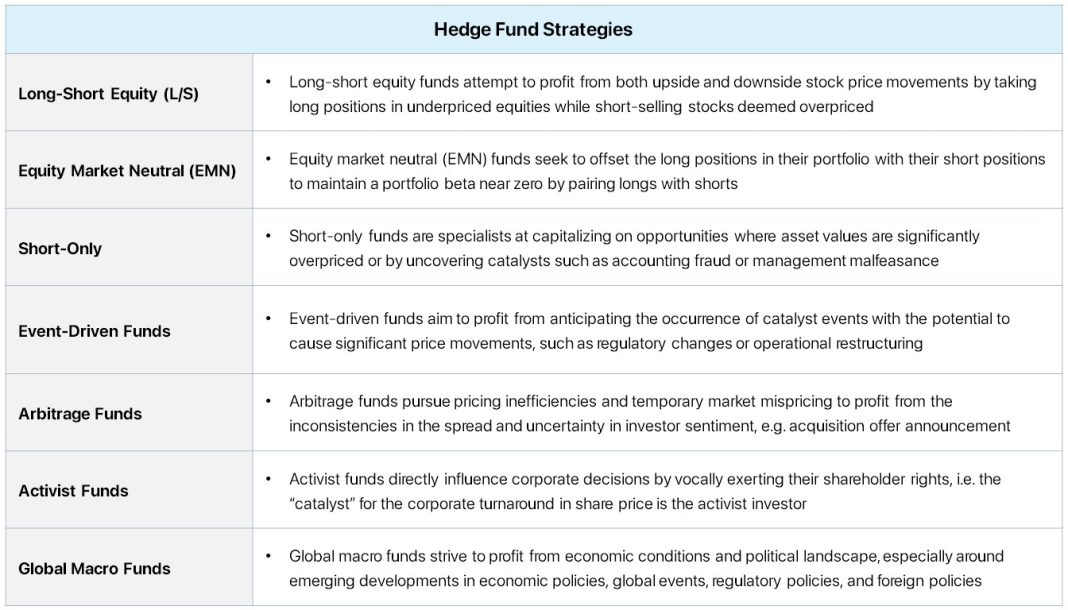
Why Gen Zers are Prioritizing Job Perks Over Salary
In today’s job market, a high salary alone is no longer sufficient to entice Gen Zers to accept a job offer. They also want perks. According to recent research from recruitment agency Randstad, 39 percent of Australian workers surveyed stated that they would not take a job if it did not provide the benefits they desire. This indicates a shift in the priorities of the younger workforce.
One individual who exemplifies this trend is Krish Waje, a 26-year-old professional living in the Blue Mountains. In her previous role as a business analyst for a major technology company, she was showered with perks. She received reimbursement for public transport costs, her phone bill, free lunches, and health insurance. These benefits, she estimates, saved her an additional $10,000 to $20,000 on top of her annual salary.
However, when Ms. Waje was made redundant and applied for another job in a similar role, she was in for a shock. Although the salary offered was on par and nearing $100,000, there were no perks whatsoever. Ms. Waje told news.com.au that she declined the job because she believed it was indicative of a subpar work culture. She feared that without the extras to make her daily life pleasant, she would end up feeling miserable.
Ms. Waje’s sentiments are echoed by many others. A poll found that 39 percent of Australian workers share her view, emphasizing the importance of benefits in indicating how a company values its employees. As Ms. Waje puts it, perks “build up a culture for the place you work at.” The younger generation, she adds, values such additional benefits, especially if they are expected to come into the office at their own expense.
Ultimately, for Ms. Waje, it was the absence of perks to offset the lower salary that made her turn down the job opportunity. However, she does not rule out the possibility of accepting a job without perks if there is a good reason. She insists that there would have to be a notable increase in either salary or role for her to consider it worthwhile.
Ms. Waje emphasizes that she goes to work to earn money and that perks help her feel valued. She recalls a job opportunity where there was a salary increase, but no company culture, and she made the decision to turn it down. For her, work perks play a significant role in job satisfaction.
Angela Anasis, General Manager of Randstad Australia, explains why work perks are particularly important to Gen Zers. She notes that they often start their careers on lower wages and face significant cost-of-living pressures. Therefore, perks like flexible work arrangements, free meals, mental health support, subsidized health insurance, and training and development allowances can help them navigate these challenges while setting them up for future earning potential.
Anasis observes that young people are increasingly considering perks over salaries when deciding where to work. They are taking a more holistic approach, looking at the total employer offering beyond just the paycheck. Factors such as work-life balance, additional benefits, long-term job prospects, and pay equity are now being considered. If the whole package does not meet their expectations, they will not hesitate to decline an offer.
In conclusion, the job market is witnessing a shift in the priorities of Gen Zers, who are placing greater importance on job perks rather than a high salary alone. Employers must recognize this trend and offer attractive benefits packages to attract and retain top talent.


